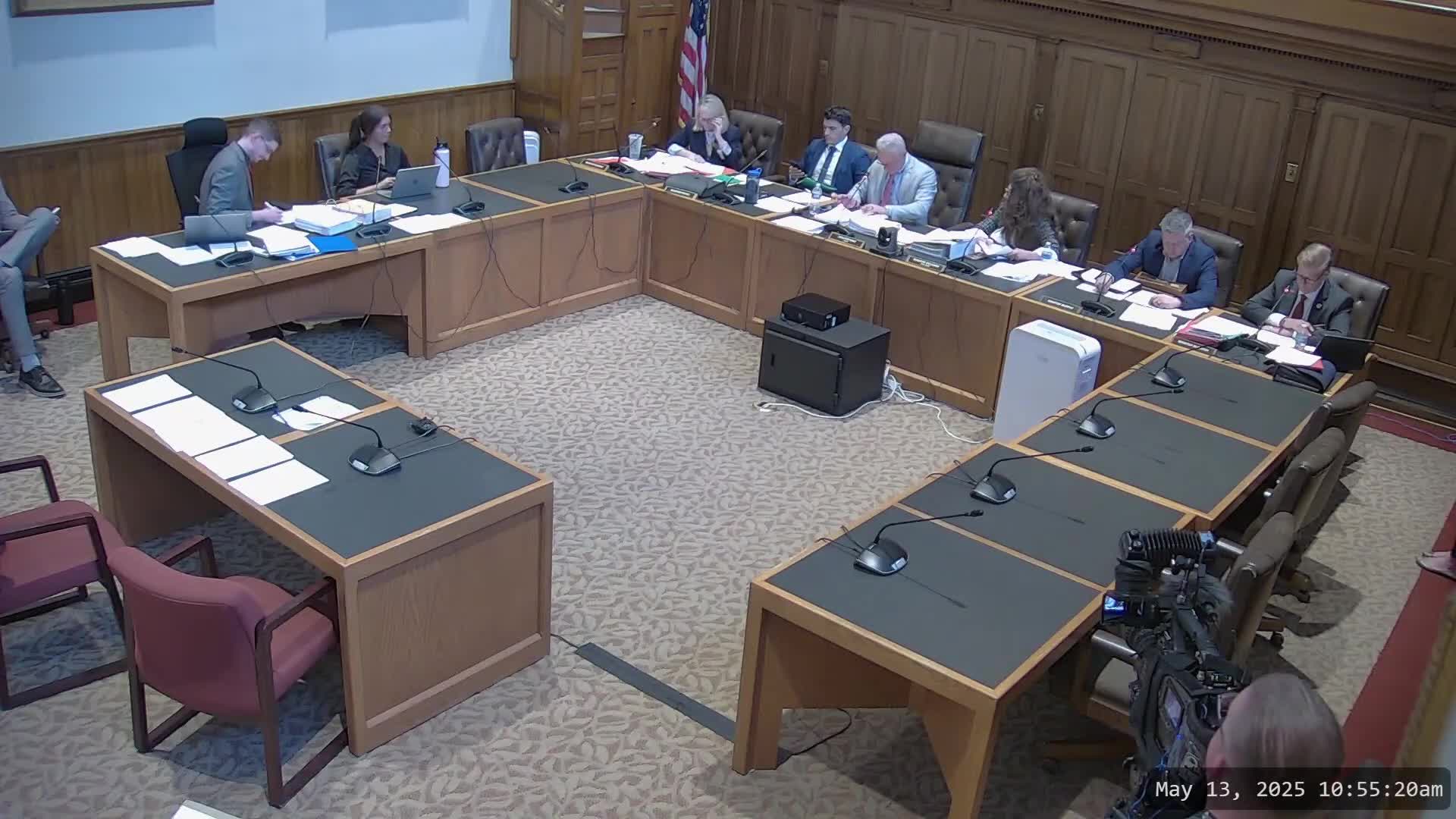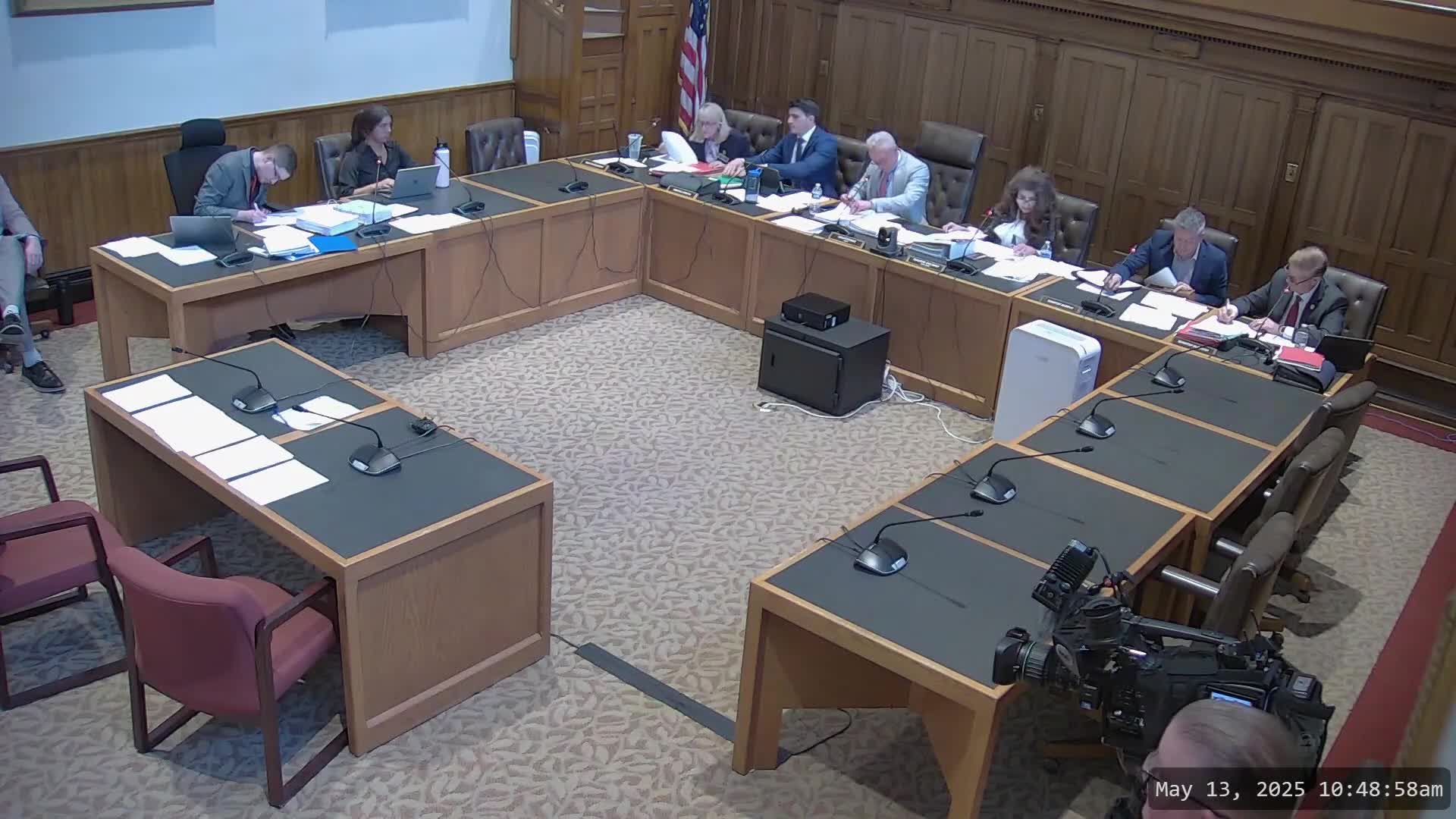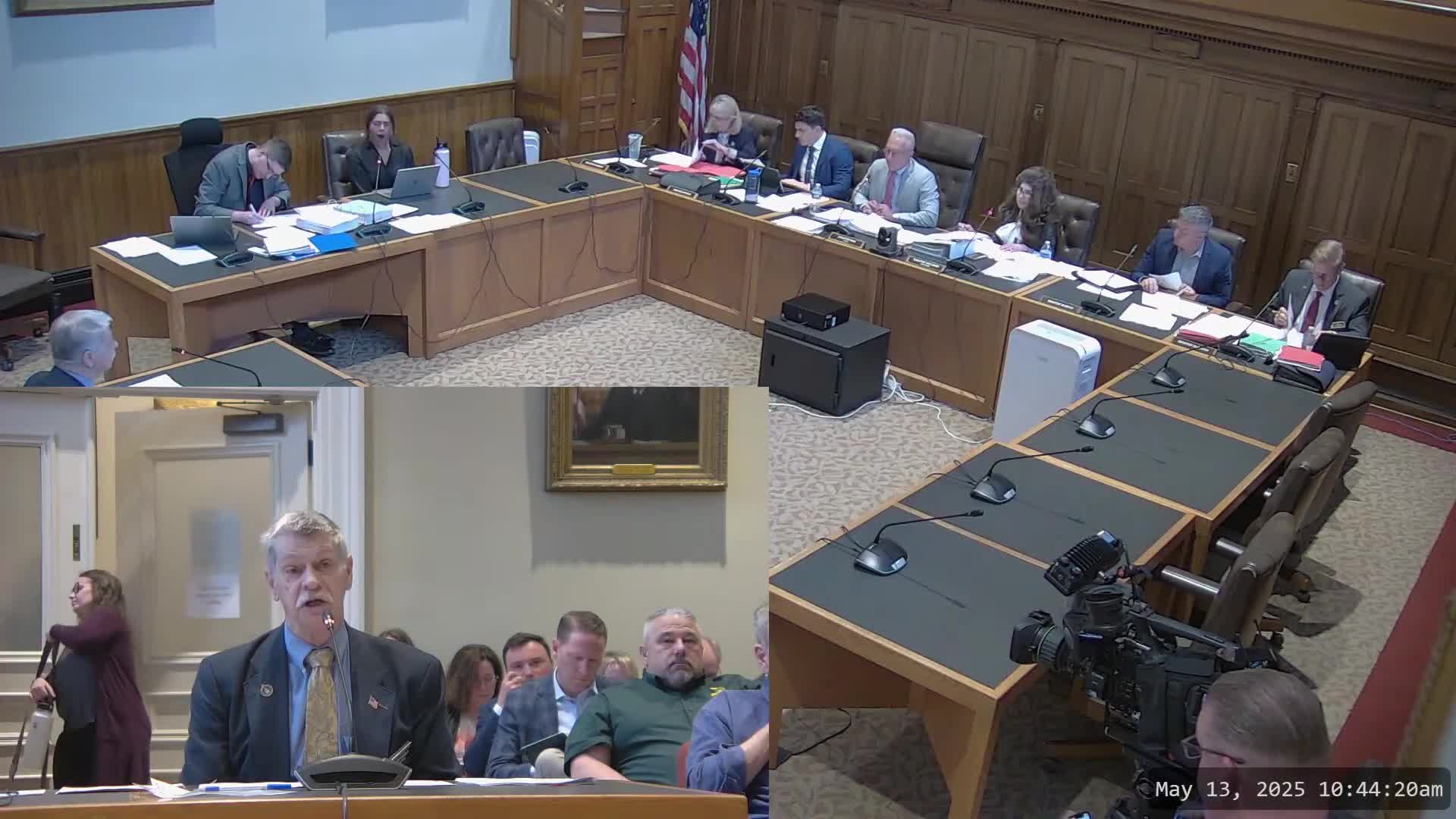Article not found
This article is no longer available. But don't worry—we've gathered other articles that discuss the same topic.

Senate Commerce committee advances amended bill limiting end‑of‑lease evictions to 12‑month leases and only when vacancy rate rises

Committee advances revised vehicle inspection bill that moves to biennial checks for many cars; members adopt multiple technical changes

Committee splits on blockchain/digital currency bill; amendment clarifies exchange definition but measure sent to floor without committee recommendation

